The Best Plant-Based Milk Choices for Children
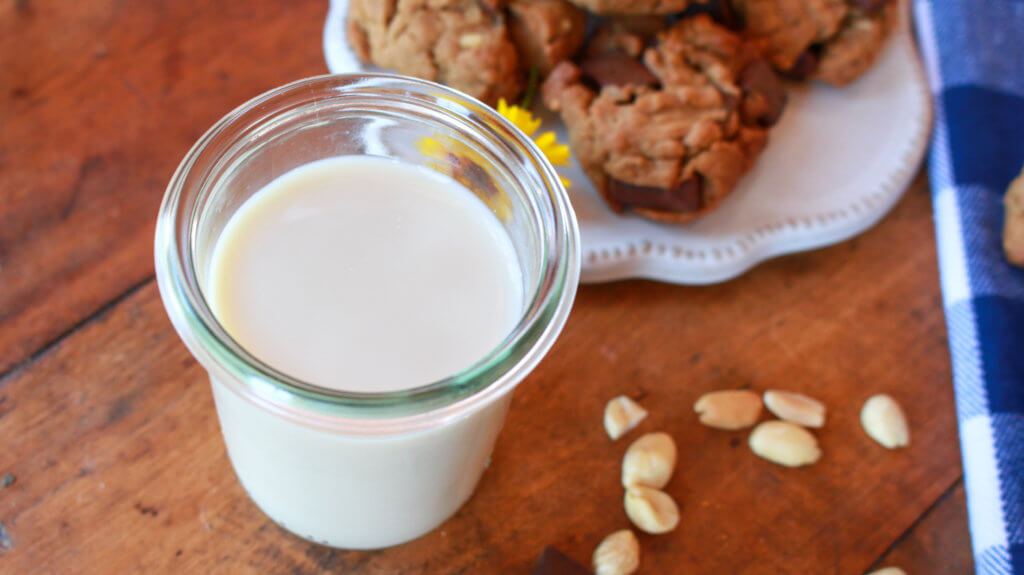
You might have heard about recent recommendations cautioning parents against relying on plant-based milks in young children’s diets. That’s because many plant-based milks are low in nutrients, offering little in the way of protein, calcium and vitamin D necessary for the proper growth and development for kids. But, don’t give up! There are many options for plant-based milks that are nutritionally similar to dairy milks. And remember, plant-based diets—and milks—can have numerous benefits for people of all ages, especially for those who are in their growing stages of life. Read on to learn more about the best plant-based milk choices for children.
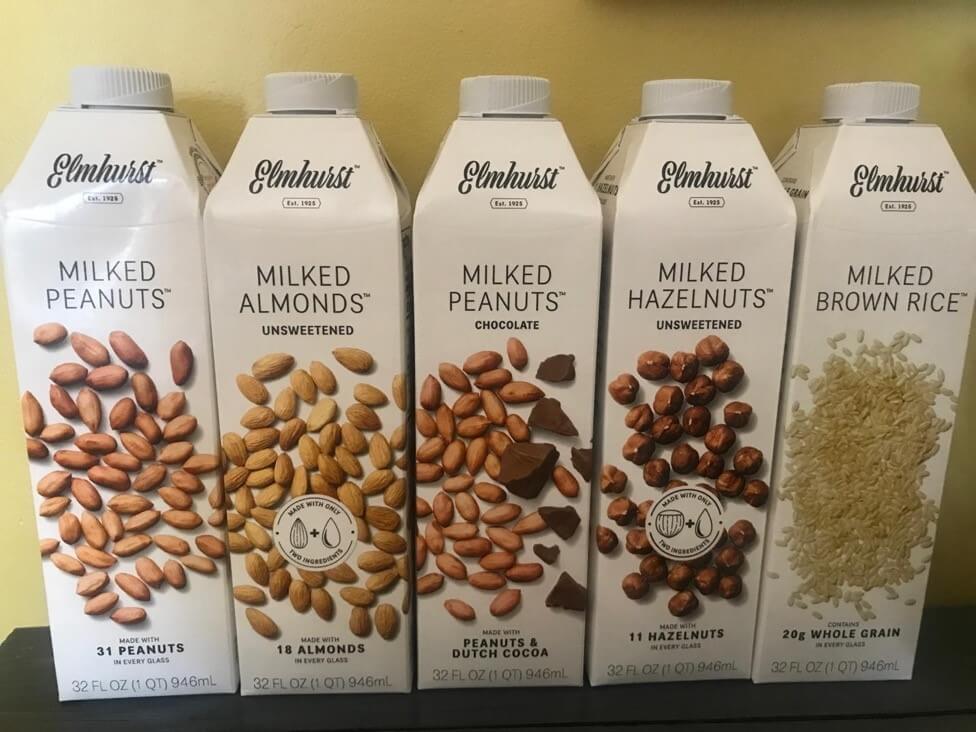
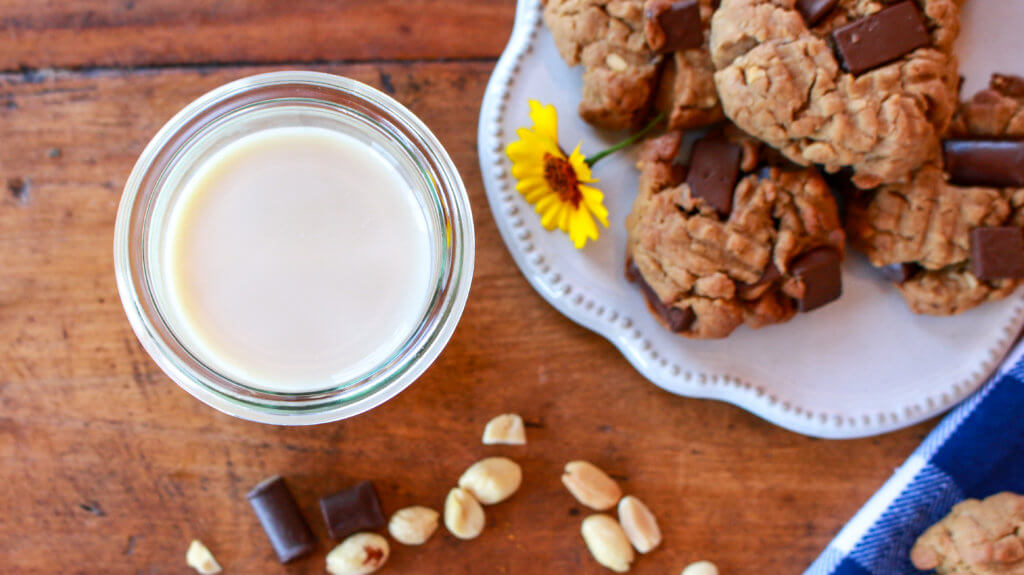
Going Plant-Based with Confidence
If you are interested in living a more plant-based, sustainable lifestyle, yet you still want to ensure that your children are obtaining appropriate amounts of vitamins and minerals that their bodies need to properly grow and function, plant-based milks can be a great substitute for dairy milk—as long as you choose carefully. Plant-based milks can have less carbohydrates, added sugars, calories, and saturated fats (except for coconut milk), which can make them a healthier option for some older children, and they contain fats like polyunsaturated and unsaturated fats, which are easier to digest. Plant-based milks are also environmentally-friendly, as they do not require as many natural resources, such as water and feed production needed for dairy agriculture, and they lead to less greenhouse gases due to the decrease of methane and waste products. With the increase in popularity of plant-based milks, there are numerous options that are derived from a range of plants, including nuts, seeds, and grains, that you can choose from.
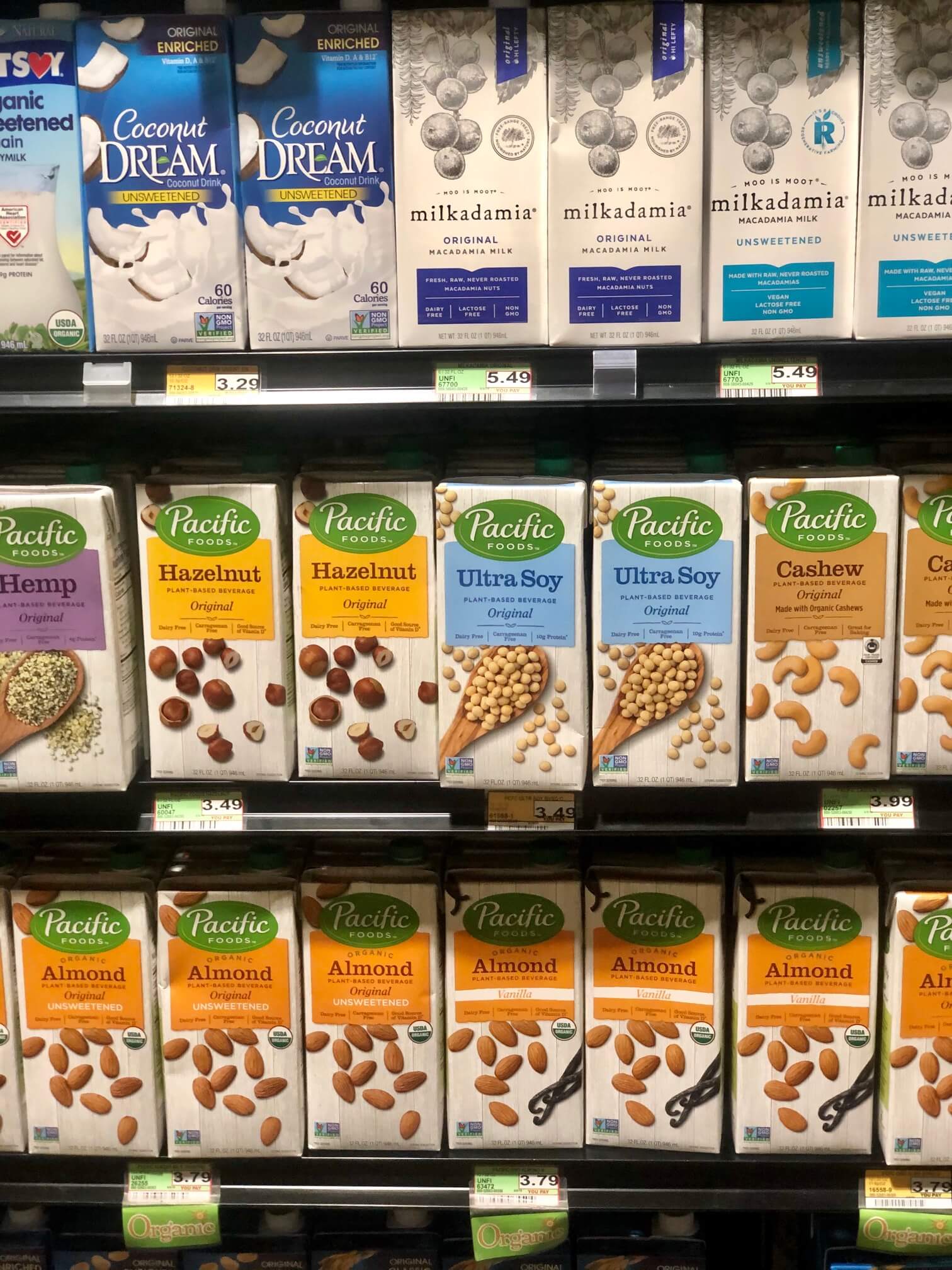
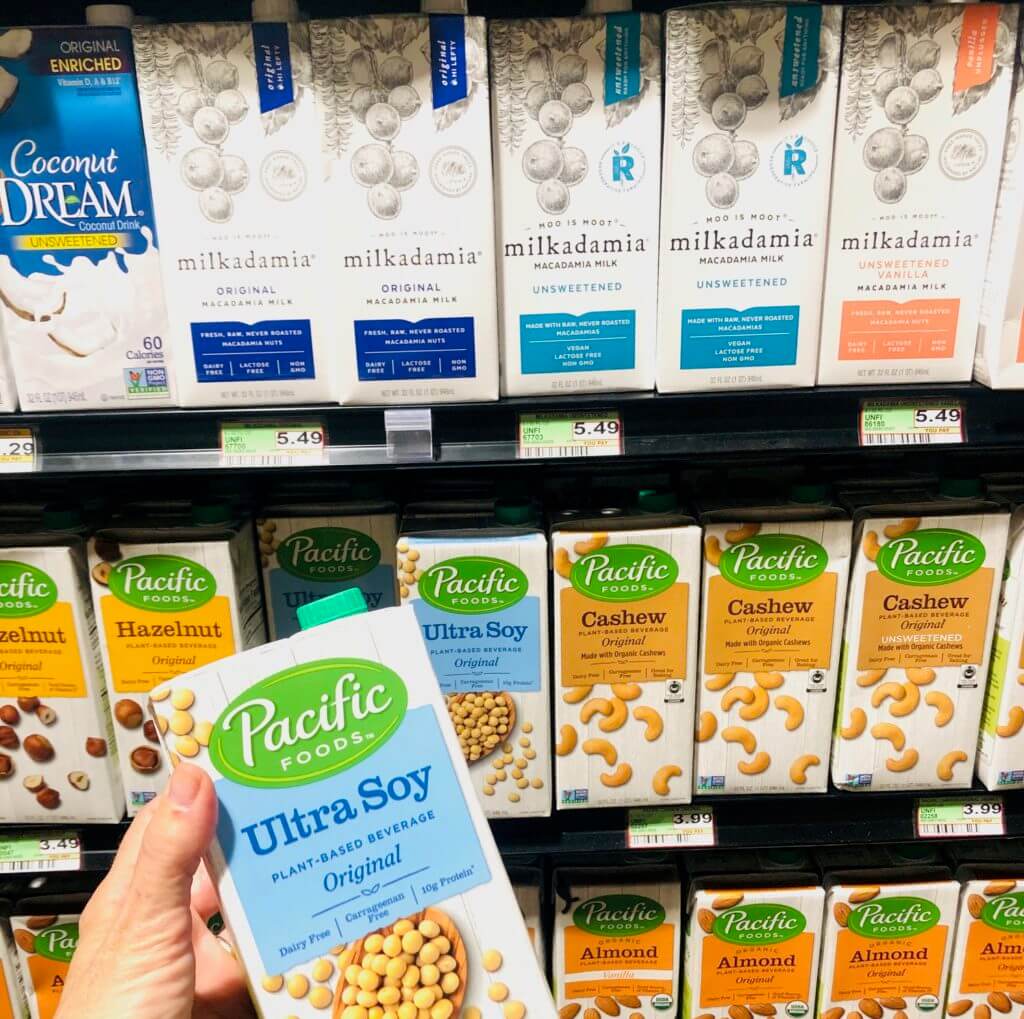
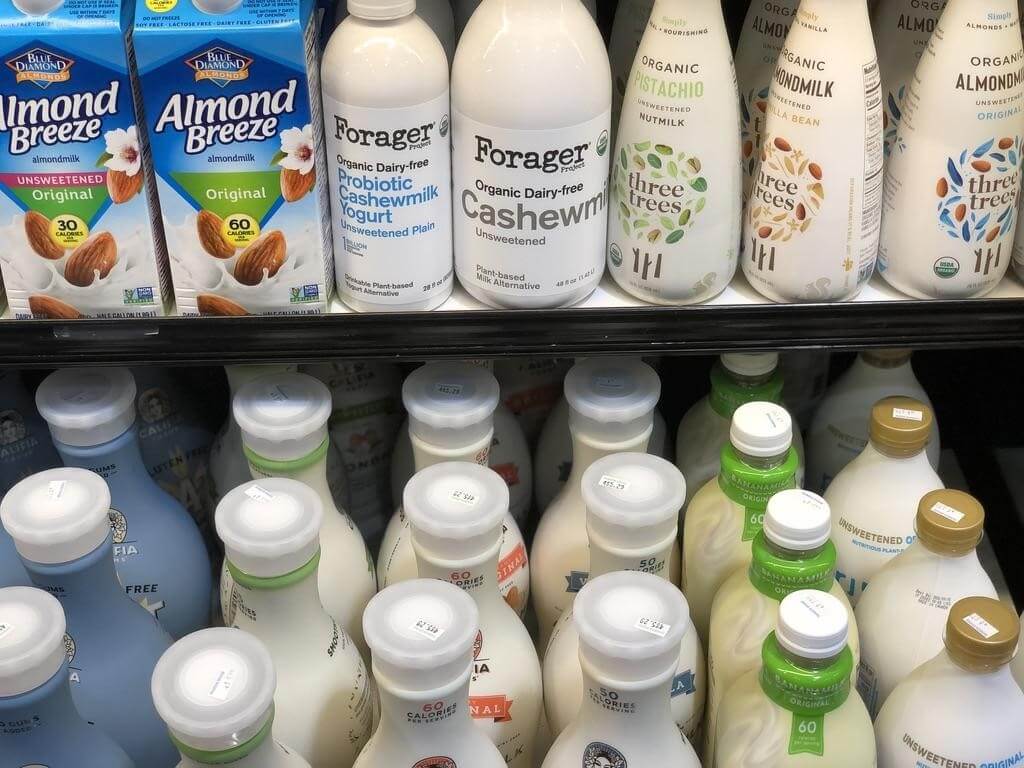
Making the Best Plant-Based Milk Choices for Children
When deciding from the variety of plant-based milks, here are a few recommendations to keep in mind.
- Know Your Nutrition Facts. First and foremost, it is critical that you read the labels and do your research on the different types of plant-based milks so that you know the nutritional value that each one provides. Plant-based milks contain varying levels of vitamins, minerals, and proteins, and some are more nutrient-dense than others.
- Go Sugar-Free. If you are trying to find the healthiest option, you should stick to unsweetened plant-based milks, so that you can avoid added sugars in your child’s diet. Look for no added sugars in the nutrition facts, and ingredients list.
- Power Protein. Since some plant-based milks contain more protein than others, try to aim for a milk that provides approximately 7-8 grams per cup—a similar amount to dairy milk. Soymilk is typically the plant milk with the richest source of protein, but other newer plant-based milks are adding protein-rich ingredients, such as pea protein, to the mix. Beware of many plant milks that provide barely a gram of protein per serving.
- Get Calcium and Vitamin D. Two of the most essential nutrients necessary for bone health that you can obtain from dairy milk include calcium and vitamin D (fortified in dairy milk). Since these nutrients play a vital role in the growth and development of bones, specifically in young children, you should definitely keep an eye out for the Daily Value (DV) percentage when reading the labels. The majority of plant-based milks contain approximately 300-450 milligrams of calcium per cup, which is a similar amount that a cup of dairy milk contains. Although calcium is crucial for children, it is important to keep in mind that the calcium intake is limited to 1,000 milligrams per day; therefore, you want to make sure that your child is not consuming more calcium than recommended on a daily basis. There are many plant-based milks that contain a similar amount of vitamin D as dairy milk; however, a few studies have shown that some plant-based milks are low in vitamin D, so it is important to check your labels to verify that your favorite plant-based milk provides at least 25% DV of vitamin D.
- Consider Caloric and Fat Intake. Each child is unique! Some children following a plant-based diet may have difficulty meeting their energy and fat needs, so it’s not recommended to restrict these in their diets—in particular when they are young. So, don’t rely on low-calorie, low-nutrient plant-based milks (some may have as little as 30 calories per serving) when they are key parts of a child’s diet pattern. Instead, choose plant-based milks that provide at least 70 calories and 3 grams of fat for your child.
- Look for the Best Milks. Some of the best candidates for milk alternatives for children include soy, pea protein, and protein-enriched plant milks, such as almond and flax. These can be nutritionally comparable choices to dairy milk, because they contain the crucial vitamins and minerals needed for bone growth and development. Some may be fortified with vitamin B12, though it’s recommended to supplement the child’s plant-based diet with a regular source of B12.
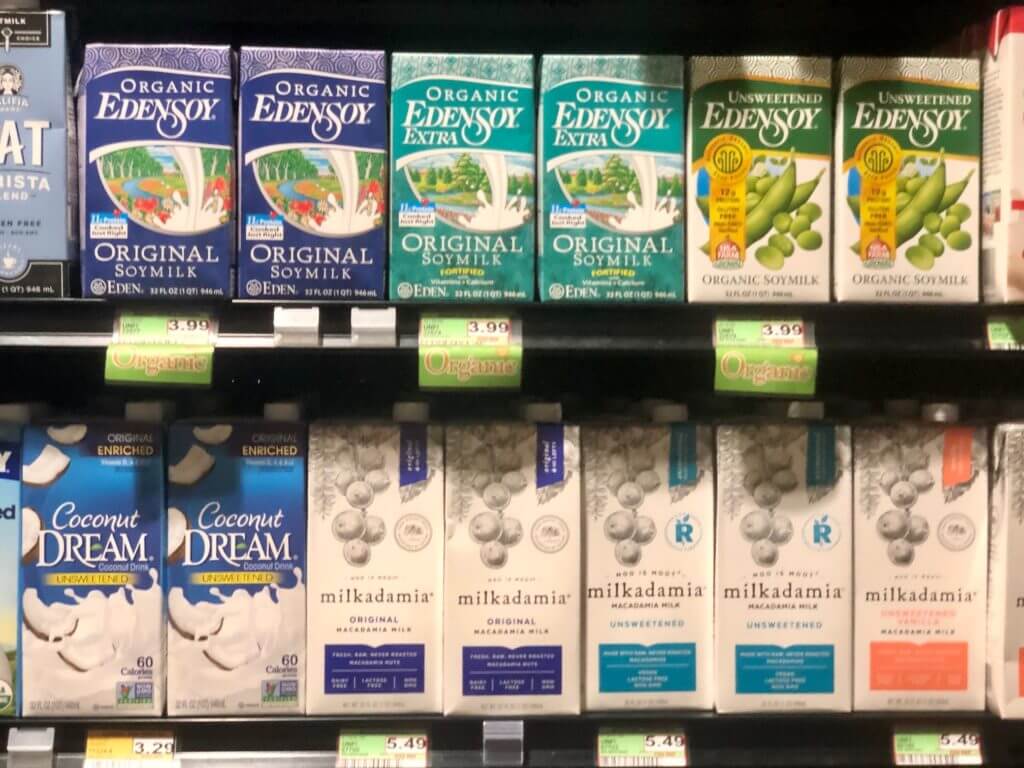
The Journal of Food Science and Technology provides supporting evidence that soy milk is the best option for children due to its nutrient-dense properties, such as protein, calcium, and vitamin D. With this being said, it is still highly recommended to check your labels and do your research prior to your purchase so that you can secure the best suitable option for your children. A recent Consumer Lab.com review offers great information to help you find the best non-dairy, plant-based milk. And check out the chart below for a sampling of labels so you can understand the important nutrients you should look for when purchasing plant-based milks for your children.
The Best Plant-Based Milk Choices for Children
| Plant-Based Milks, Nutritional Facts | |||||||
| Per 1-cup serving | Vitamin D (g) | Vitamin B12 (g) | Calcium (g) | Protein (g) | Carbohydrates (g) | Fat (g) | Calories |
| Ripple Original Plant-Based Milk | 6 | 2.5 | 440 | 8 | <1 | 4.5 | 80 |
| Oatly Oat-Milk (The Original) | 3.6 | 1.2 | 350 | 3 | 16 | 5 | 120 |
| Silk Organic Soy Milk | 3 | 3 | 300 | 7 | 3 | 4 | 80 |
| Blue Diamond Almonds Almond Breeze | 2.5 | 0 | 450 | 1 | 1 | 2 | 30 |
| Silk Creamy Cashew | 2.5 | 0 | 450 | <1 | 1 | 2 | 25 |
| Tempt Hemp Milk | 2.5 | 3.6 | 185 | 2 | 1 | 8 | 80 |
| Good Karma Flax Milk Omega-3 + Protein | 2.5 | 1.5 | 300 | 8 | 2 | 3.5 | 70 |
| Dairy Milk, Nutrition Facts | |||||||
| 1 cup | Vitamin D (g) | Vitamin B12 (g) | Calcium (g) | Protein (g) | Carbohydrates (g) | Fats (g) | Calories |
| Regular Low Fat (1%) Milk | 2 | 0 | 325 | 8 | 12 | 2.5 | 130 |
Written by Savanna Malki, Dietetic Intern with Sharon Palmer, MSFS, RDN
Photos by Sharon Palmer, MSFS, RDN



I have made this cashew milk for our smoothies and baking and really enjoy the flavor and ease to make it (no straining required). If I don’t need it for baking I just add 1/4 cup to the smoothie when I make it in the morning and it gives a perfect creamy texture